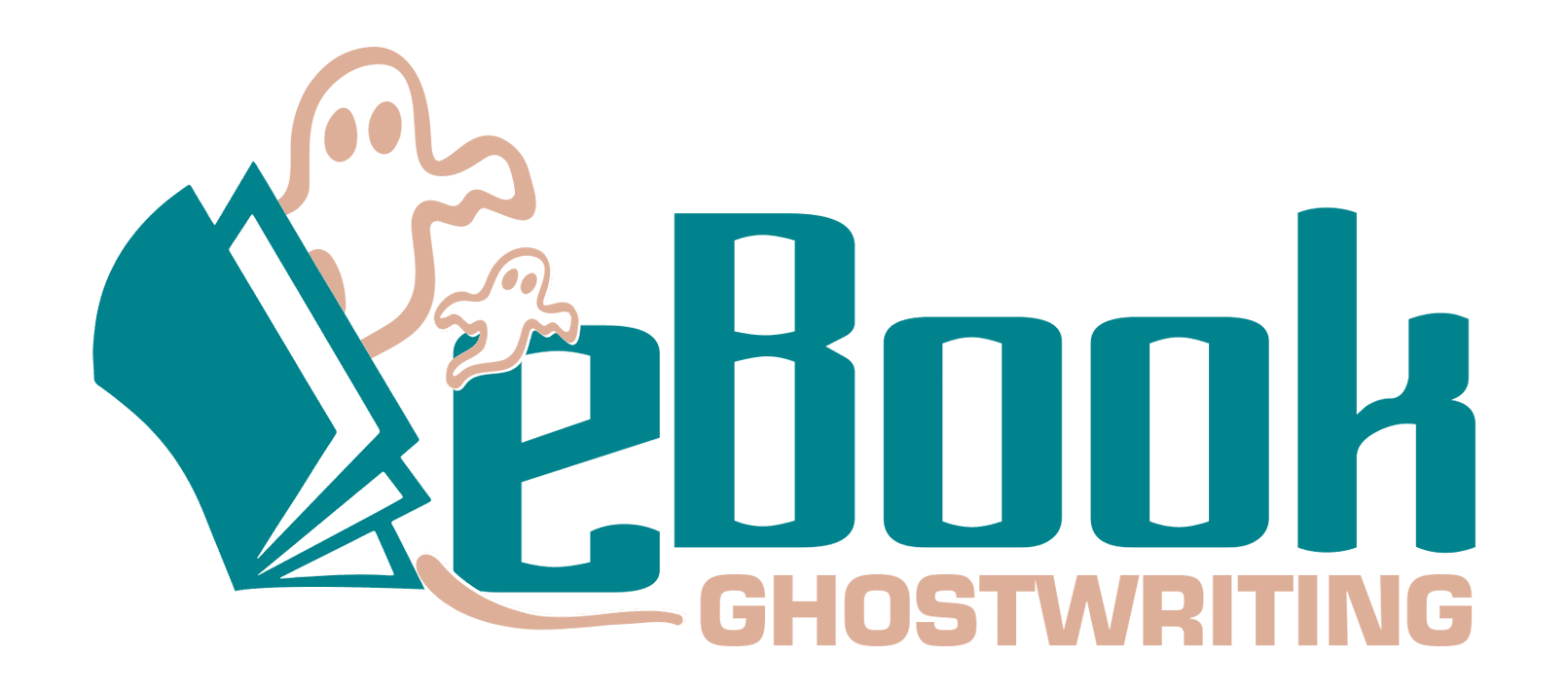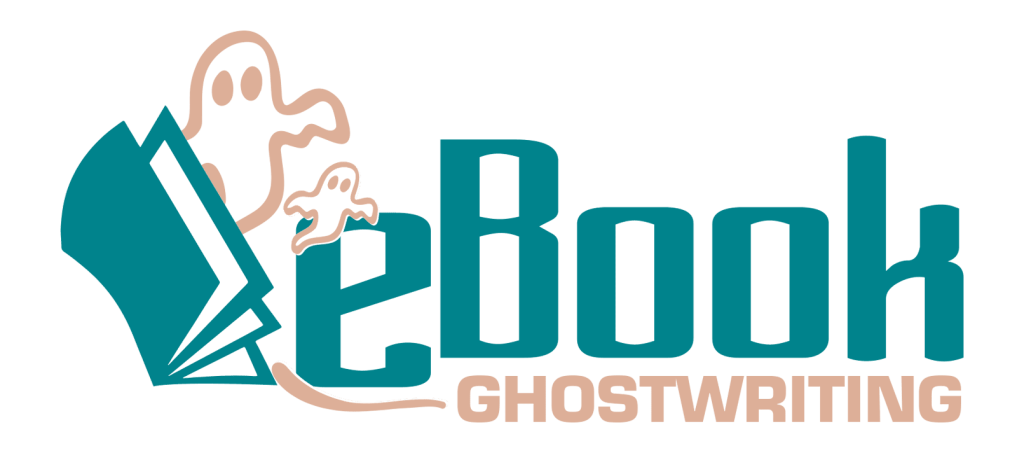What Is Ghostwriting?
Ghostwriting is a manner of writing content for someone else, usually using that person’s name, but keeping the ghostwriter’s identity unidentified. This procedure can be utilized in many different kinds of written assignments, including blog posts, statements, books, and essays. When it comes to book writing, people frequently engage ghostwriters to support them in creating their novels, commercial books, or memoirs. However, the role of the ghostwriter generally remains a secret, while the “author” receives the credit.
A renowned individual might, for instance, hire a ghostwriter to compose a memoir. After the celebrity shares their experiences and life stories, the ghostwriter turns those ideas into a polished novel. The ghostwriter’s participation is concealed behind the scenes, yet the celebrity gets recognized as the author.
How to Become a Ghostwriter? Is it a Tiring Process? Ghostwriting for Beginners
A career as a ghostwriter may be rewarding and difficult. Both the ability to write and the capacity to adapt to many voices and styles are required.
Here are some tips for those who are thinking about becoming a ghostwriter:
Gain Proficiency in Writing
Being able to write in a variety of genres and convey your client’s voice is essential for ghostwriters. Your writing must reflect the tone and message that your client wishes to get across, whether you’re creating a business book or a fiction. Begin by developing your craft and practice various types of writing. To improve your writing abilities, think about creating blogs, short tales, or even personal essays.
Establish a Portfolio
As with any writing career, it is imperative to have a portfolio. Consider taking on modest tasks to develop your portfolio if you’re new to ghostwriting. To get started, you can write for websites and blogs or even charge less for your services at first.
Discover How to Do Ghostwriting
There is more to ghostwriting than just writing. Interacting with clients, comprehending their goals, and upholding a high standard of professionalism are all necessary. Additionally, you’ll need to learn how to edit your own work, get opinions, and revise it. Particularly when writing books, be ready for a lengthy process. Because ghostwriters must be consistent, fulfill deadlines, and frequently receive little credit for their work, it can be mentally demanding.
Making Connections
Building a successful ghostwriting profession requires networking. Speak with publishers, authors, and businesspeople who might want ghostwriting assistance. To network and get recommendations, go to professional gatherings, online writing communities, and writing workshops.
For instance, a freelance writer may begin ghostwriting by assisting small business owners with website content or blog post creation. They might eventually get recommendations and write full-length books for famous business owners or corporate executives.
A Mindset to Write a Book – Ghostwriting for Beginners – Ghostwriting Tips
Writing a book, especially as a ghostwriter, calls for a unique way of thinking. It’s about expressing someone else’s voice, ideas, and feelings, not just putting words on paper.
When you begin your ghostwriting, bear these points in mind:
Recognize the Voice of the Author
Learning and copying the author’s voice serves as one of the most important aspects of ghostwriting. You have to portray the author’s personality, voice, and style of writing whether you are writing a self-help book or a biography. This includes going through the client’s previous work, having significant conversations with them, and at times even observing them throughout to acquire a sense of their writing style.
For instance, you ought to express yourself directly and clearly, if you are ghostwriting a company book for a business owner who is known for this style of writing. On the other hand, your writing style must be less formal and easygoing if you are ghostwriting for someone famous who speaks informally.
Understand Book Structure
Before you start writing, you should have a good plan. Whether it’s a factual book with discrete chapters and main ideas or a fiction book with a specific plot arc, this entails comprehending the book’s structure. A plot or topic outline aids ghostwriters in staying focused during the writing process.
Retain your flexibility
You must be adaptable even if having a clear plan and direction is crucial. Changes will inevitably occur during the frequently collaborative ghostwriting process. Be ready to rewrite, edit, and adapt to your client’s changing needs.
A Few Ghostwriting Tips for a Successful Ghostwriting Journey
It can be thrilling and difficult to start a ghostwriting career. To make sure your travel is successful, follow these tips:
Set Explicit Expectations with Customers
The secret of ghostwriting is communication. Make sure you are aware of your client’s goals, schedule, and expectations right away. The project’s requirements, such as due dates, payment, and the kind of participation they desire in the writing process, should be discussed. These facts must be clearly stated in the contract to prevent misunderstandings.
Establish a Regular Writing Schedule
To write a book, you must be consistent. A writing plan helps you remain on track and make consistent progress, whether you’re writing a few hundred words a day or setting up particular periods of the week. Since ghostwriters frequently work on several projects at once, time management is essential.
Never Be Afraid to Request Input
Since you are writing for someone else as a ghostwriter, it is crucial to get input at different points in the writing process. Receiving feedback from others, whether from a professional editor or the client, will help you improve your work. Making sure the book lives up to your client’s expectations requires constructive critique.
Accept Changes and Edits
A book’s initial draft is rarely perfect. Ghostwriters frequently go through multiple rounds of changes before the final draft is ready, as revisions are a normal part of the process. Understanding the changes that improve the work is crucial even though this can be a difficult process. For instance, the author of a book may decide they wish to shift their focus to other life events after the ghostwriter accomplishes the first draft. The ghostwriter needs to be motivated to make multiple revisions to the work until the author’s vision is completely achieved.
How Can You Write an eBook Yourself?
The process of writing an eBook is thrilling yet rewarding. There are numerous possibilities in the field of digital books, whether your goal is to express what you know, tell an engaging story, or produce a helpful resource. Writing an eBook is not without challenges, though. Developing your ideas into an ultimate, ready-for-publication product needs homework, determination, and a methodical approach.
We’ll take you step-by-step through the full eBook writing process in this guide.
Set Up a Regular Writing Area
Setting up a space that is favorable to writing is essential. Whether it’s a particular room in your house, a peaceful reading nook, or a coffeehouse corner, find a location where you can consistently focus on your job. Whether you need a desktop or laptop, notes, or documentation for reference, ensure your workspace is comfortable, free of distractions, and fully provisioned.
Focus on Your Novel Idea
You need to have an unambiguous understanding of what your book is about prior to you commence writing. Is it a book for self-help with helpful suggestions, a memoir detailing your own experiences, or a fiction with a convoluted plot? Try expressing the primary idea of your novel in one sentence if you’re still not sure. As you work on the story or primary concept, this will help you retain your focus on it.
Prepare Outline
The process of outlining is crucial since it enables you to chart out the organization of your book. For authors of fiction, this entails outlining significant occurrences, character development, and pivotal moments. The primary subjects, supporting subjects, and the sequence in which the information will be presented should all be outlined by nonfiction writers. Although you do not have to adhere strictly to your outline, having a plan will provide you guidance and lessen the likelihood of writer’s block.
Conduct Research
Research increases the depth and originality of your writing, whether you’re writing a historical biography or a fictional book. This could involve researching cultures, areas, or professions in order to create a believable world for fiction. In non-fiction, thorough research will support your arguments and give your audience valuable insight. Keep your research structured and make use of it when needed.
Establish a Writing Routine and Follow It
Making the first move is the hardest part. After you start, make writing a regular habit. Setting daily word counts is preferred by some authors, while others schedule particular times of the day or week. Pick a strategy that works for you and follow it. Continue even if your first writing appears rough. The objective is to produce a comprehensive first draft rather than a flawless work of art.
Complete the First Draft
Finishing your first draft is a big achievement. This is not an appropriate moment to obsess about perfection. It’s typical for a first draft to be unorganized and imprecise. The most crucial thing is that you have finished your book from beginning to end. Give yourself a few days or even weeks to put it away before going back to it so you are able to observe your work from a different perspective.
Edit and Revision
Get back to your draft and begin editing after you’ve had a break. Seek out plot flaws, structural shortcomings, and slow sections in the narrative. Make an effort to improve your contentions, refine your wording, and develop the personalities of your characters. Asking seasoned editors or trustworthy readers for their opinions at this point is also an excellent move. Giving your manuscript constructive review can help it become an improved version of itself.
Write Second Draft
Put your second draft into motion based on the feedback and your own findings. Here’s where the magic truly happens. Be mindful of how you use language, eliminate irrelevant passages or chapters, and improve the way your content or tale runs as a whole. It’s perfectly common to go through multiple versions until you’re pleased.
Publish It
After the work is as polished as you like it, it’s time to think about publishing possibilities. Make the choice to self-publish or pursue traditional publishing, which requires contacting publishers and agencies. Kindle Direct Publishing (KDP) on Amazon and IngramSpark are simple solutions if you decide to self-publish. Be sure to spend money on professional book cover design, formatting, and promotion in order to connect with your target market.
Self-Writing V/S eBook Ghostwriting
Go for Self-Writing Only When:
- You are passionate about writing and want to develop your voice and style.
- You have the time and energy to commit to the writing process.
- You are on a low budget and cannot afford the costs of ghostwriting.
- You’re looking to refine your writing skills and experience the process.
Move With eBook ghostwriting When:
- You have an engaging story or a concept but lack the time and writing abilities.
- You want a professionally written eBook that aligns with industry standards.
- You’re under an urgency with a strict deadline and need to produce an exceptional eBook quickly.
- You prefer focusing on the bigger picture (ideas, vision, marketing) while leaving the writing to an expert.
Interested in Hiring a Ghostwriter?
Our expert eBook ghostwriting services are there if you’d like to publish an eBook of the highest standard that engages readers. Whether you want a flawless, professionally written book that corresponds to your vision or you have an excellent concept but lack the time or writing skills, our qualified ghostwriters are ready to turn your concepts to life.
The writing process shouldn’t serve as an obstacle. While you work on the primary ideas, let us take care of the impeccable writing. Contact us right away to begin your journey to an articulate eBook that leaves a lasting impact on the market or society.

